You may personally know the Matsopoulos Mill cultural centre from a previous visit or you may recall it from the description of the HackDay that was held there by e-trikala and Q-PLAN International in June 2018. A few months afterwards, last 2 October, the Citizen Mobility Community and our local team convened again to the same venue to select together the top-five proposals for possible interventions in Trikala. As in the case of the other pilot areas, the offline discussion was informed by the results of an online voting process that had been ongoing since 18 September through YourPriorities. The latter allowed 113 people to participate in the debate and ranking within just a couple of weeks. Instead, the Quadruple Helix Stakeholder meeting was kept focused, as the team invited 11 participants only, including urban planning authorities, city council, transport police, transport providers and innovation experts. These were selected for several reasons. First of all, they are active members of the Citizen Mobility Community in Trikala and have demonstrated high interest in and strong commitment to the project. Secondly, they are key transport players, influencers and decision makers concerning the city’s mobility planning and implementation. Therefore, they have an understanding of the issues and stake and their endorsement of the proposed interventions is expected to translate into active support for implementing the pilots.
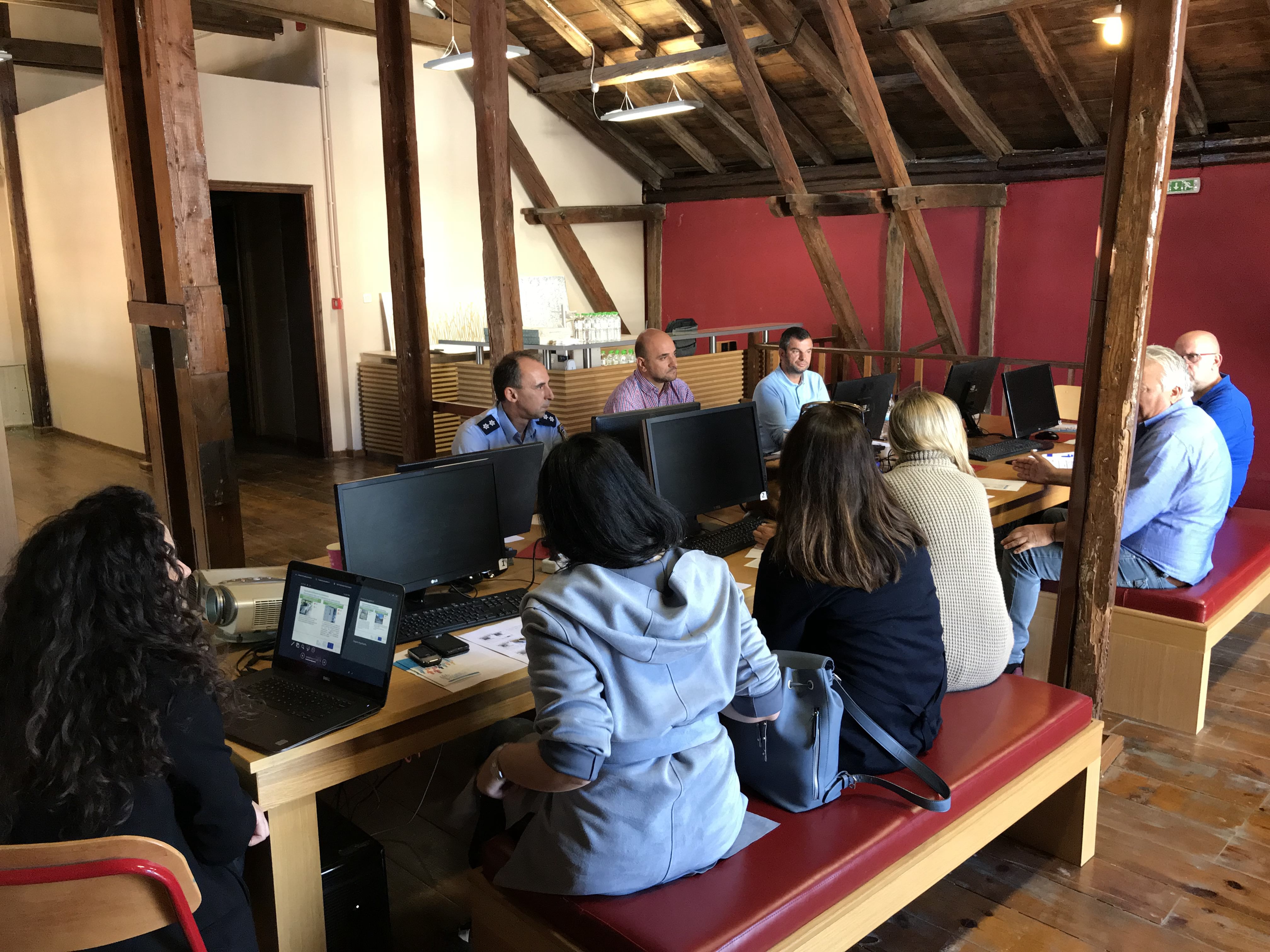
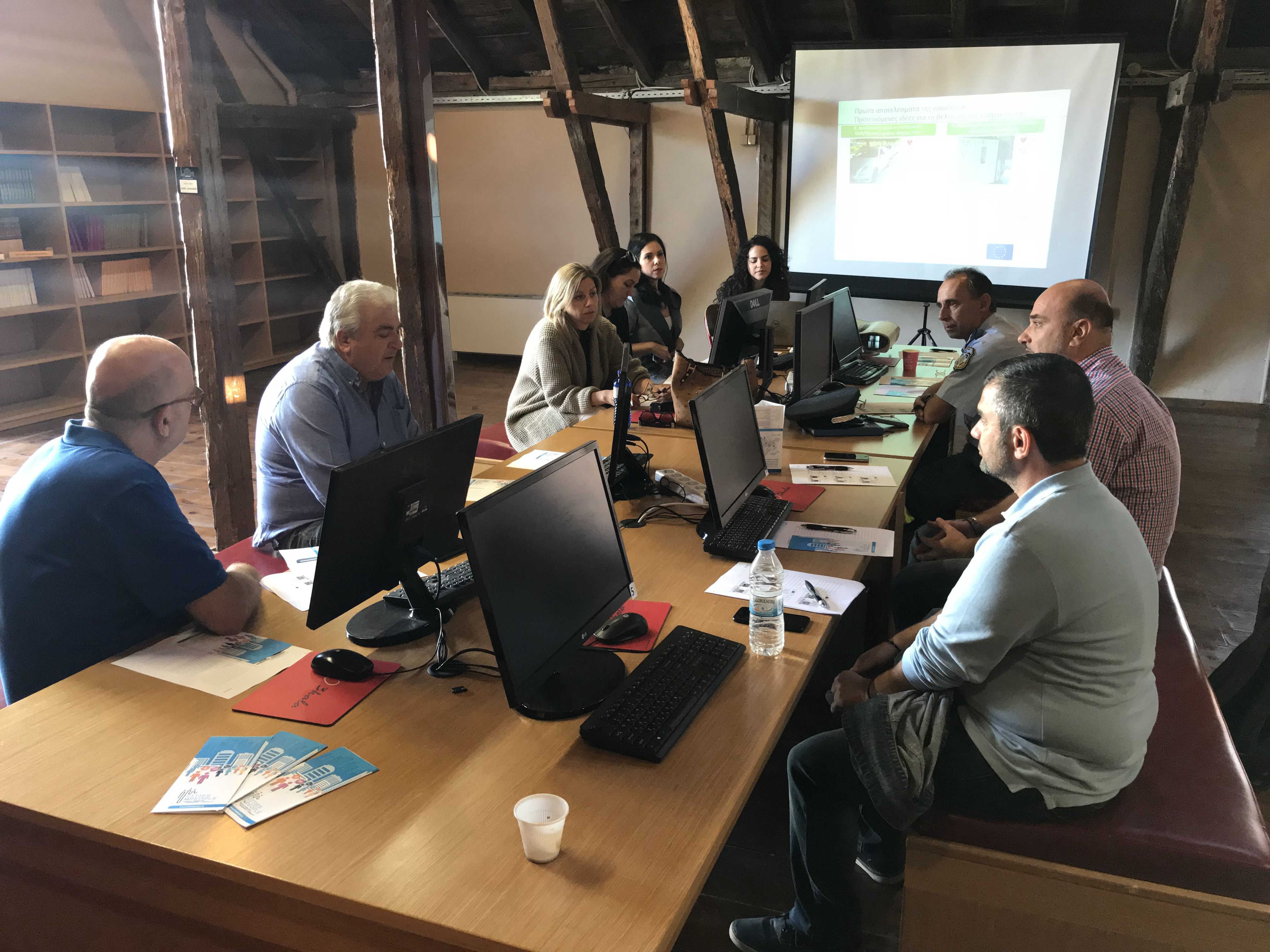
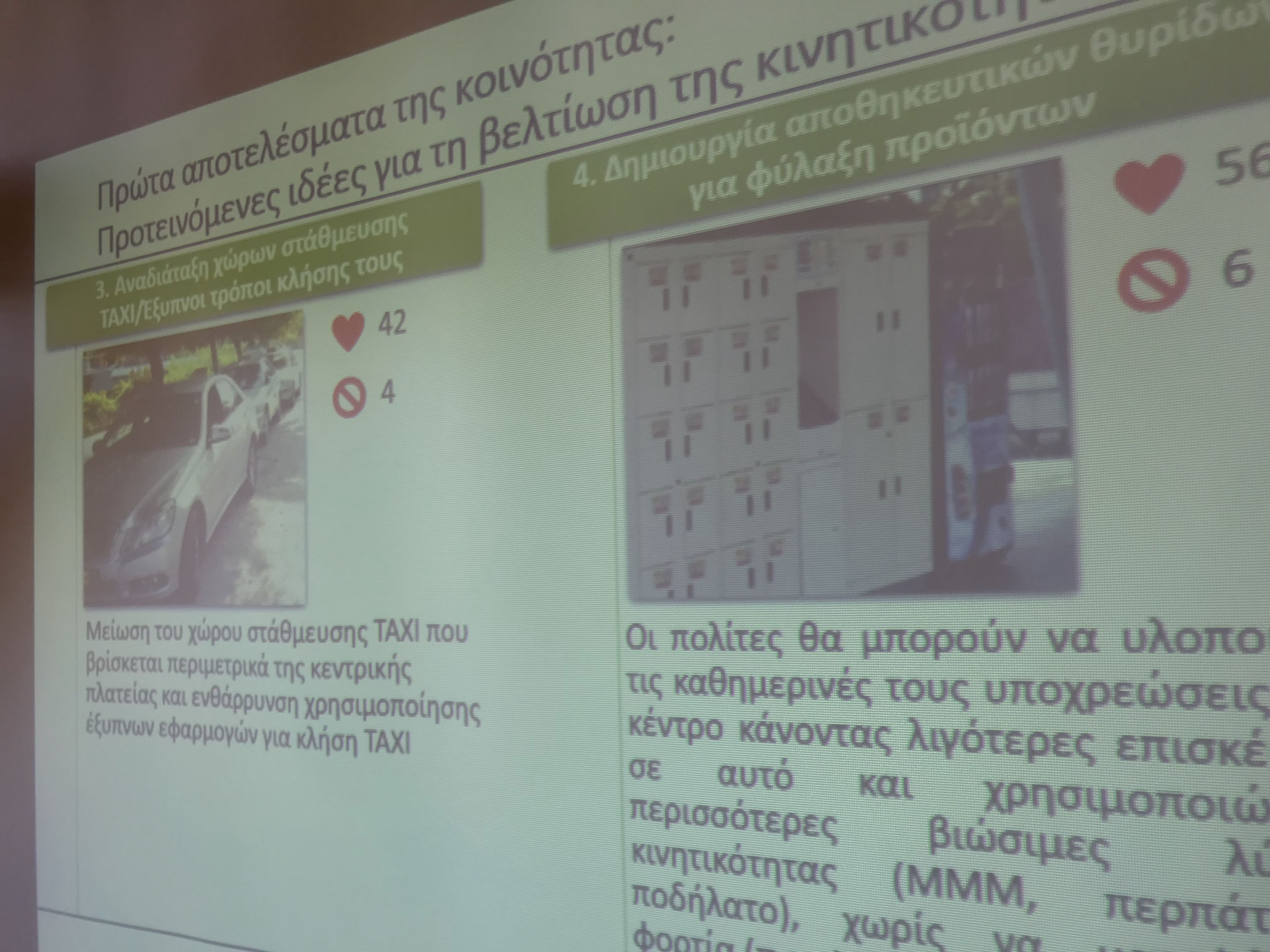
During the meeting, each concept that had emerged from the HackDay was presented and each participant was invited to note down comments and feedback on their handout. After the presentations, the discussion was opened. An open discussion was indeed considered the best format to engage the audience and maximise their input. The 11 participants know each other from previous activities and are therefore more prone to talk openly to one another without the need for a more structured format. Nonetheless, some criteria were used as a general guideline in the selection process. As a matter of fact, selected concepts should have been feasible (with regard to the project timeframe and the resources available) and beneficial (for instance, in terms of impact, measurable results, inclusiveness). Additionally, concepts that were already part of the long-term planning of transportation authorities or that required longer planning procedures and/or larger infrastructural investments were excluded from the shortlist.
The results of the offline voting showed only minor discrepancies with the online voting. Strong consensus emerged concerning the importance of providing free wheelchair scooters for people with mobility impairment. A high degree of agreement existed also about the potential of developing an electric bicycle and scooter station for the transportation to and from the city centre. The final list looks as follows:
- Concept #1: Development of regular and/or electric bicycle stations for the transportation to and from the city centre – The intervention will include the supply of a number of electric or regular bicycles in strategically positioned stations in protected areas (e.g. City Hall) and available to everyone. This will help address the problems of traffic congestion in the city centre, making commuting in the area faster, environmentally friendlier and safer. Besides the direct effect in the city centre, such an intervention would positively affect the broader area, benefitting citizens at large as well as visitors and tourists. This concept will benefit all the city’s citizens (including those coming from the suburbs to the centre for their daily needs and people who do not own a private transportation means), as well as visitors and tourists.
- Concept # 2: Installation of smart storage locker stations in central locations – Storage lockers with a key will be offered free of charge to the residents/visitors of the area, who will be allowed to use them for a short period of time to temporarily store their purchases, documents, personal items and more. Ideally, the locker stations will be located near a bicycle rental stations, will be indoor, have regulated temperature (to preserve sensitive items) and be connected to a specifically designed application that will inform users about the availability of unoccupied lockers. This concept will facilitate the completion of multiple tasks/obligations in the centre of the city. This should lead to an increase in the share of sustainable transport users (public transport, walking, cycling), because citizens and visitors would no longer be compelled to use their private vehicle to store items and easily move from one place to the other as they accomplish different tasks. Traffic congestion, road accidents and pollution are expected to decrease as a result of the intervention, while commerce and tourism should thrive.
- Concept # 3: Pedestrianisation of more streets around the central square – The central square would be surrounded by a radial network of pedestrian streets connecting to multi-modal infrastructure (bikes lanes, public transport stops, taxi stations, etc.). Only few vehicles with specific purposes will be granted access to the area in order to improve traffic in the area, foster the use of alternative and more sustainable mobility solutions and help commerce, tourism and leisure activities thrive thanks to the development of a more people-friendly environment.
- Concept #4: Provision of free wheelchair scooters for people with mobility impairment – A number of wheelchair scooters will be stored in public buildings (e.g. City Hall) and available for free to people with disabilities in order to increase these users’ independency and mobility and, thus, improve their inclusion and social interaction levels.
- Concept #5: Access restriction to the city centre for large vehicles – The restriction will concern banning at specific time intervals large vehicles from the city centre to alleviate congestion and reduce road accidents, while also decreasing pollution levels and pushing towards alternative and more sustainable mobility solutions. The motive to use more sustainable forms of transport will be enforced.
- Back-up: Concept #6: Reorganisation of parking stops for taxies around the central square and introduction of a smart system to call a taxi.
Keep following the page to find out which will be the three concepts that will be tested out in 2019 and to discover their effects!
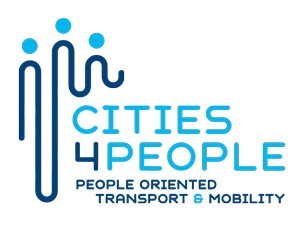
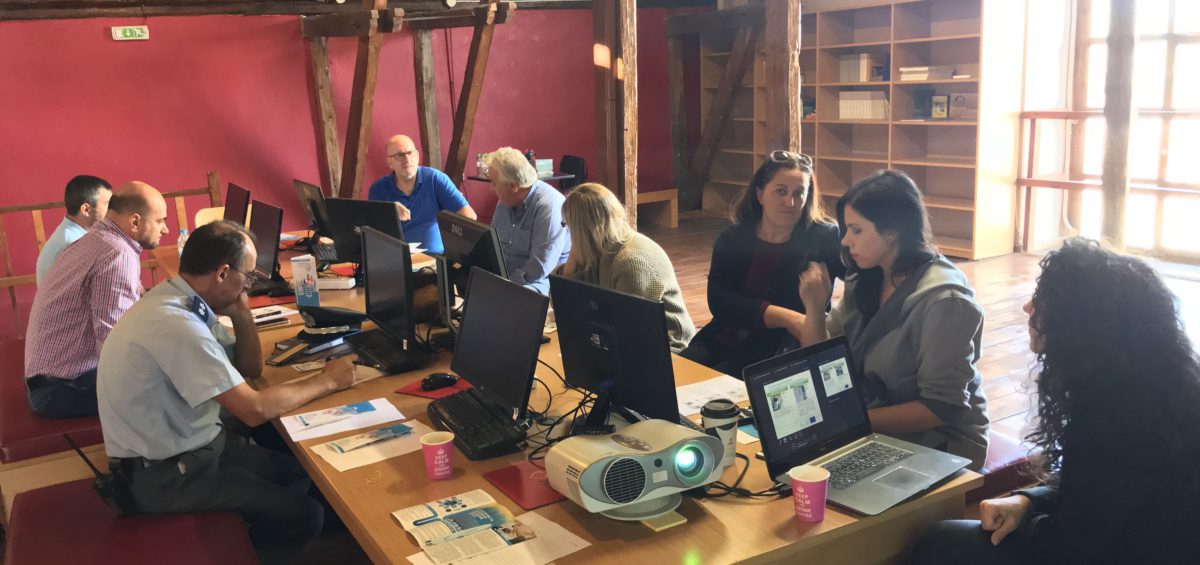








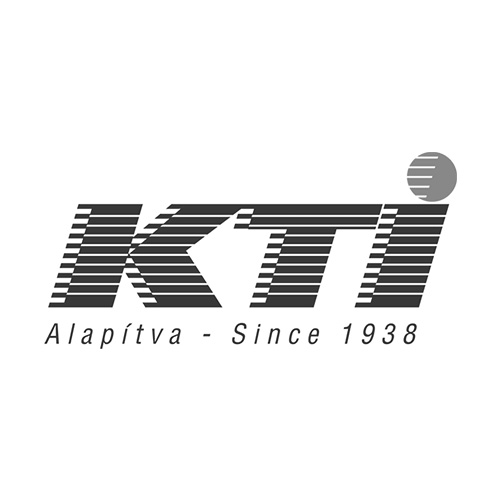
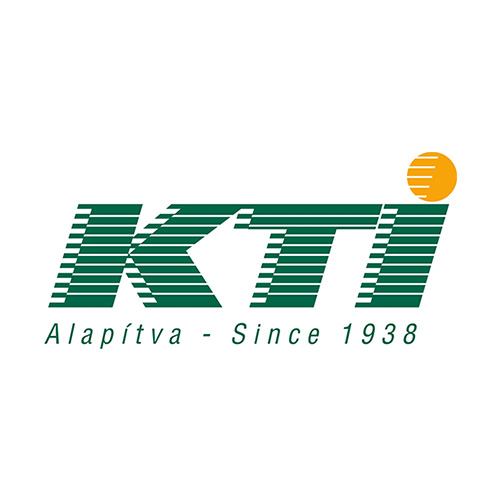
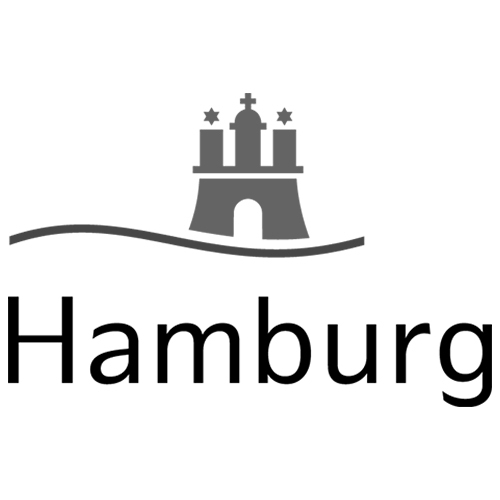
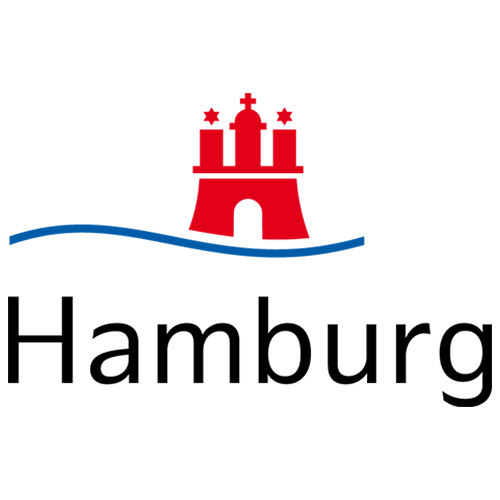
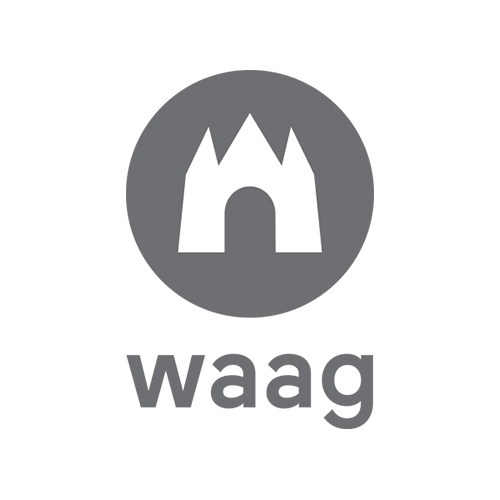
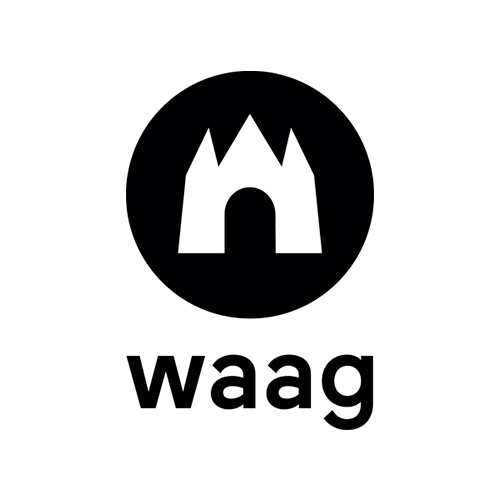
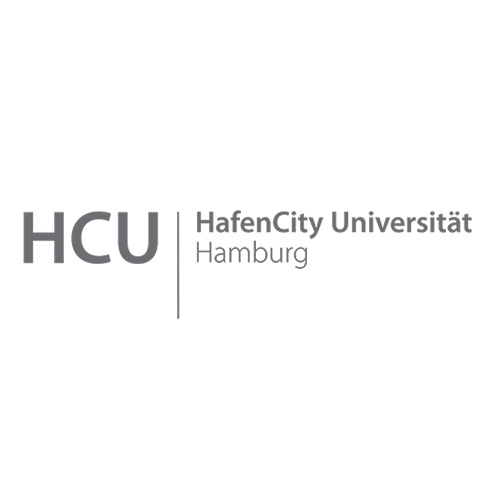
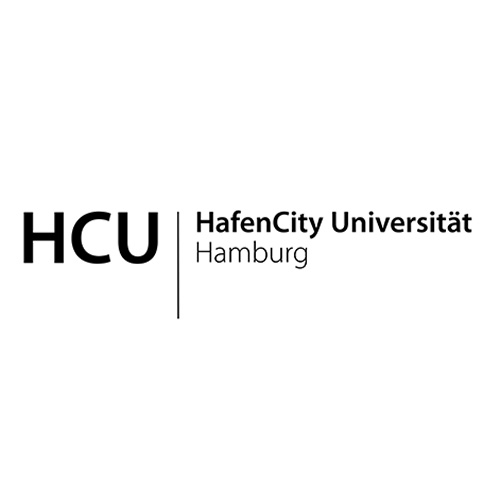

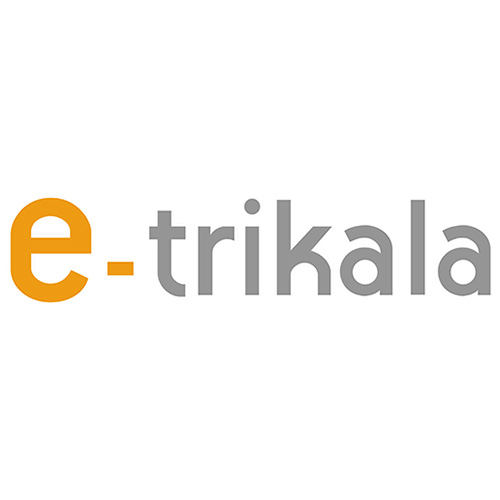




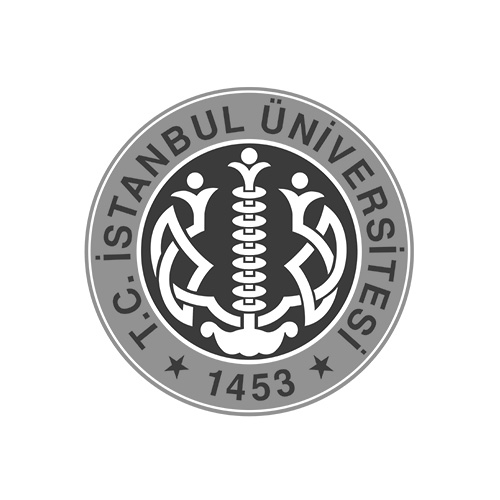
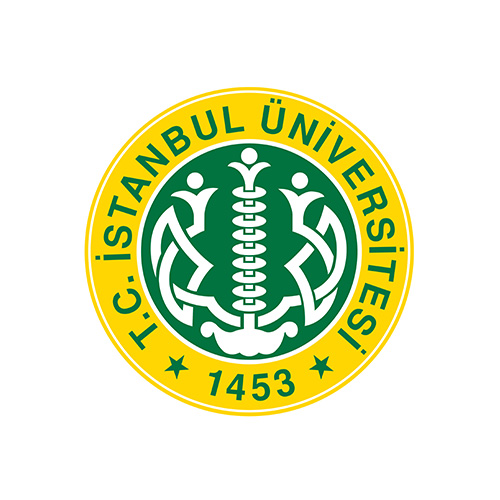


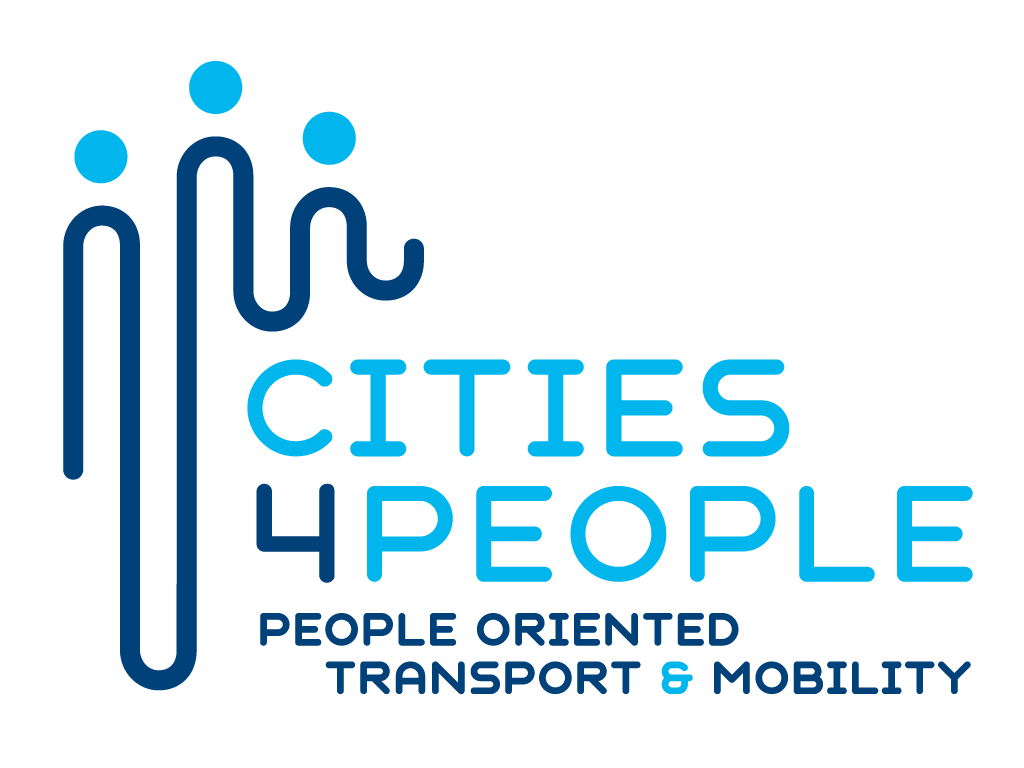
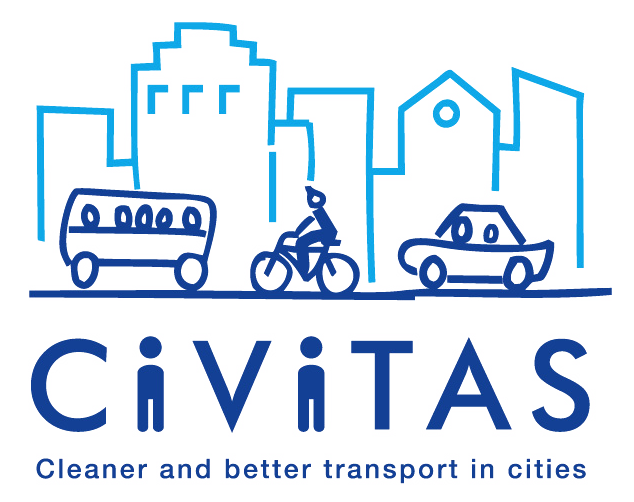


 English
English Ελληνικά
Ελληνικά Deutsch
Deutsch Turkish
Turkish